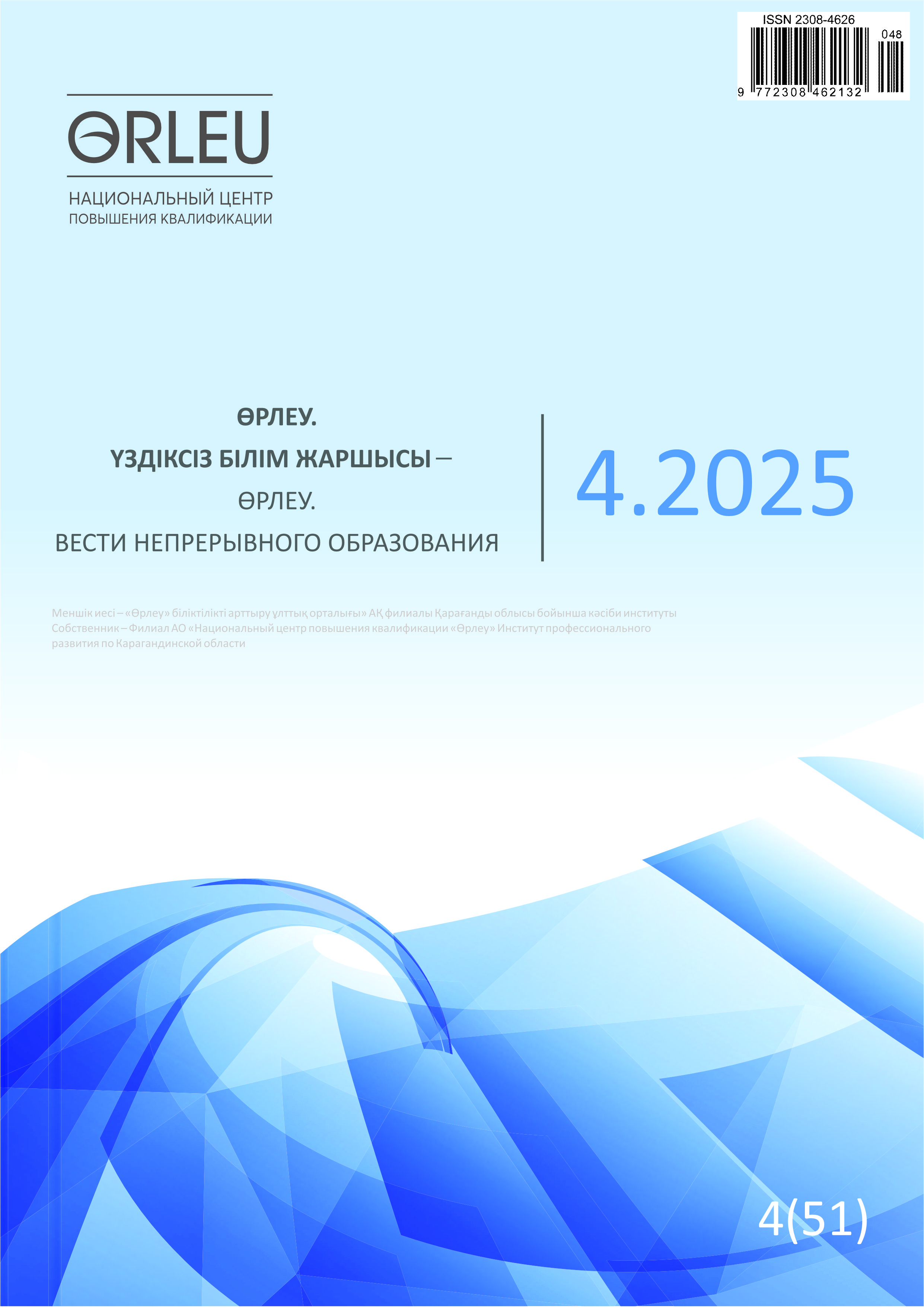Abstract
The article integrates and summarizes the experience of professional facilitation of English language teachers aimed at developing students’ functional literacy through working with discontinuous texts (menus, maps, brochures, timetables) and integrating digital tools (ChatGPT, MindMeister, Educaplay, Miro). Based on facilitation sessions conducted in the 2024–2025 academic year, several case studies were developed and tested: analysis of tourist brochures, reading metro maps, role-playing dialogues in “café/airport” situations, and designing routes with visualization in Miro. The article presents the criteria for task effectiveness (practical orientation, multimodality, development of critical thinking, communicative focus, differentiation) and demonstrates how artificial intelligence (AI) tools accelerate the development of multi-level tasks and support the personalization of learning. Summary data for classes 9 “B” (n = 21) and 9 “G” (n = 24) are provided: the increase in performance on PISA (Programme for International Student Assessment) format tasks on reading discontinuous texts amounted to 18–24 percentage points; student engagement increased by 22–28 percentage points; and the share of “uncompleted” tasks decreased by 12–15 percentage points. The article discusses the requirements for standardizing assessment and the risks of formal use of digital platforms without a methodological purpose. Conclusions are drawn regarding the scientific and methodological novelty (systematization of criteria for the effectiveness of tasks involving discontinuous texts) and practical significance (ready-made lesson scenarios and templates for formative and summative assessment). The materials of the facilitation sessions and examples of tasks are based on the author’s previously developed resources.


